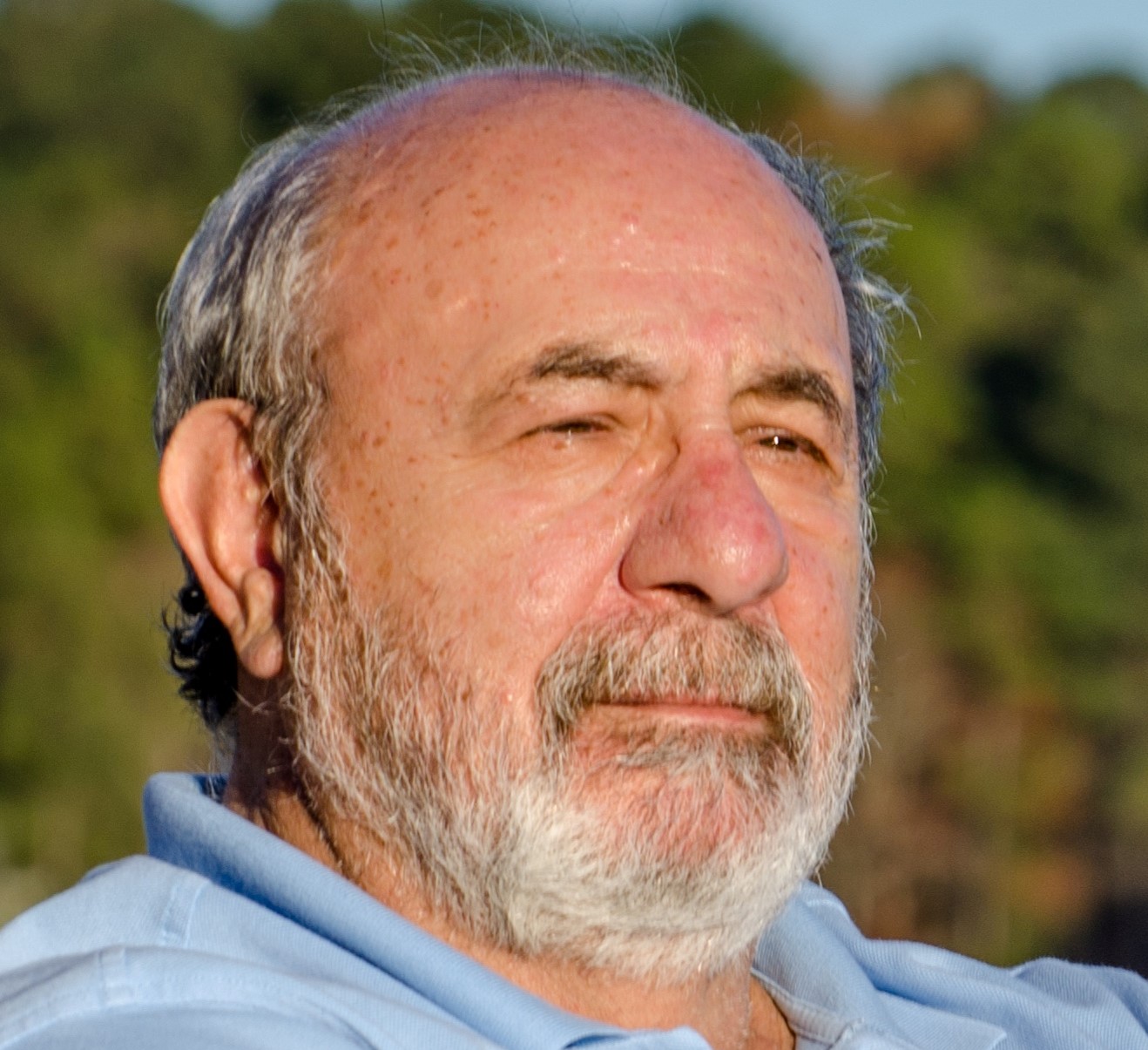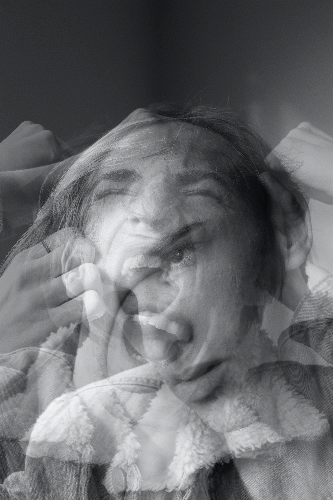It's easy to see politicians and their avid supporters surfing the waves of our social convulsions. They're not doing anything to resolve them. They ride the wave's crests until they dissolve on the beach. Anxious to catch another that moves them toward their goals, they even create a few.
Most of us don't want to admit that we are not the independent thinkers we think we are, but we are all influenced by the same underlying dynamics causing the fierce waves in our society. I claim that unless we understand these dynamics, we risk being drowned by them.
Today, three primary dynamics (identified by past philosophers) have been at work in our society for several decades. When taken to extremes, they create a good deal of mischief in the form of society's convulsions.
The first is a resurgent form of Marxism that has regained new life in our young SJW's (Social Justice Warriors). They are "woke" to Marx's underlying theory of the structures of the "oppressors" and the "oppressed." (foundational in Marx's social theories). At the extremes, they consider every accidental breach of political correctness to be a potential micro-aggression.
Aware or not, they are influenced by the French philosopher Michel Foucault's observation that we control power with language (Habermas said this of the power of language in the social sphere before Foucault). Therefore, if they can stop speech that contradicts their ideology, they're reclaiming power from the oppressors' hands and handing it to the oppressed.
To be sure, they are successful to some extent. We can see this success in a growing emphasis on political correctness that, in its extreme form, feels like forced speech and a growing tendency toward the use of a linguistic utterance called "virtue signaling," the practice of publicly offering opinions intended to earn virtue by an ideological tribe.
Secondarily, they are influenced by German existentialist philosopher Nietzsche's claim that has gained traction in this era called Postmodernity (characterized by a belief in moral relativism). Specifically, "reality is made up of competing stories about reality." This thinking is further advanced by French philosopher Jean-Paul Sartre's observation that everything, including personal attributes, is a social construction.
At the most fundamental (ontological) level, this is a shift from "essentialism" to "existentialism;" from the belief that "essence precedes existence" or we have an essential human nature to "existence precedes essence," there is no essential human nature, so once we exist we have the capacity and the right to invent our essence.
This shift has played a role in the reduction of religion's influence in Postmodernity. The idea of an essence of, or ideal human nature, is causally linked to the concept that we are "made in God's image." It follows in most religions that it is our job to use that perfect image or essence to guide our behavior in this life to gain access to the next life.
This shift has given rise to a level of early life self-analysis we see in many young people asking the question, "who am I, really?" This shift is one reason we see the emergence of preferred pronouns and our society's growing public acknowledgment of gender dysphoria [1] as a common occurrence in nature.
Please note, I'm not criticizing or praising, just reporting what seems to be at the causal level of change in our society.
Suppose we want to become critical thinkers and find the peace and stability we need to weather our nation's storms. In that case, the first step is to awaken to the underlying dynamics at cause in our society's convulsions. To do less is to accept that, although our bodies may not die, our spirits might. Read more in my soon to be released book, "Loosing" Your Mind: Critical Thinking in an Age of Chaos. It should be available by year's end at your favorite online booksellers.
Robert De Filippis
(Note: You can view every article as one long page if you sign up as an Advocate Member, or higher).






